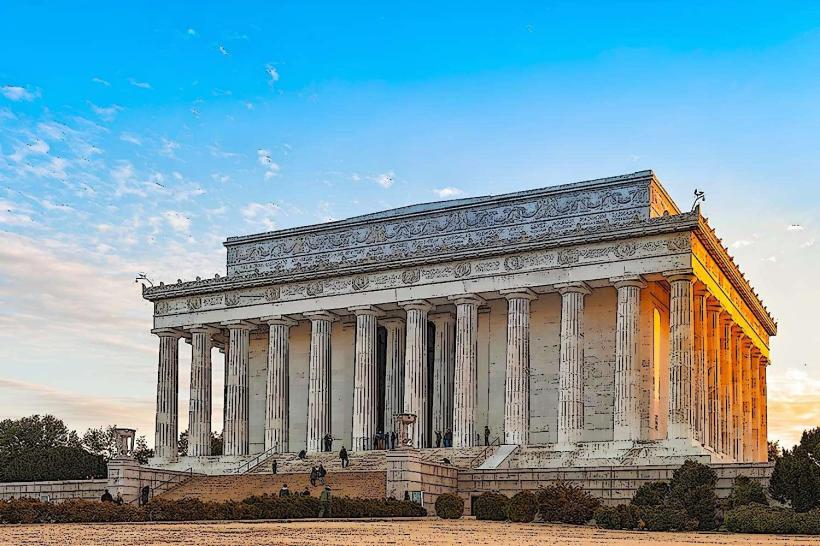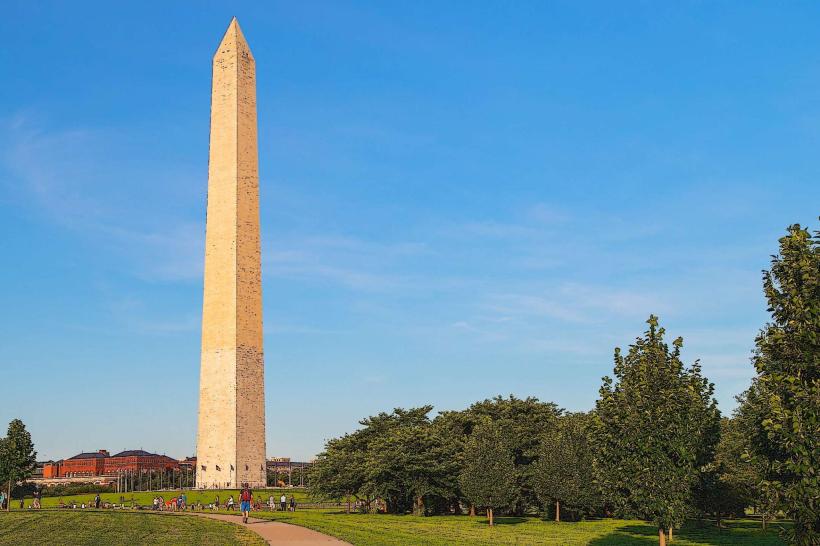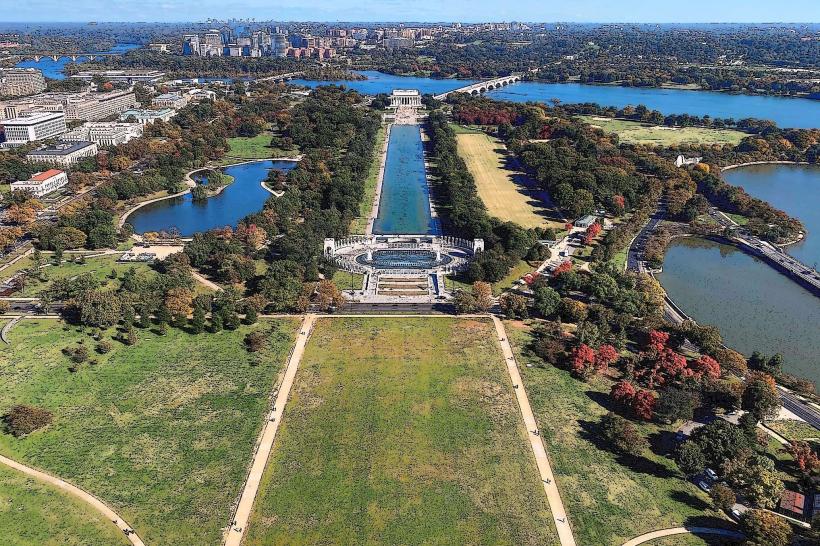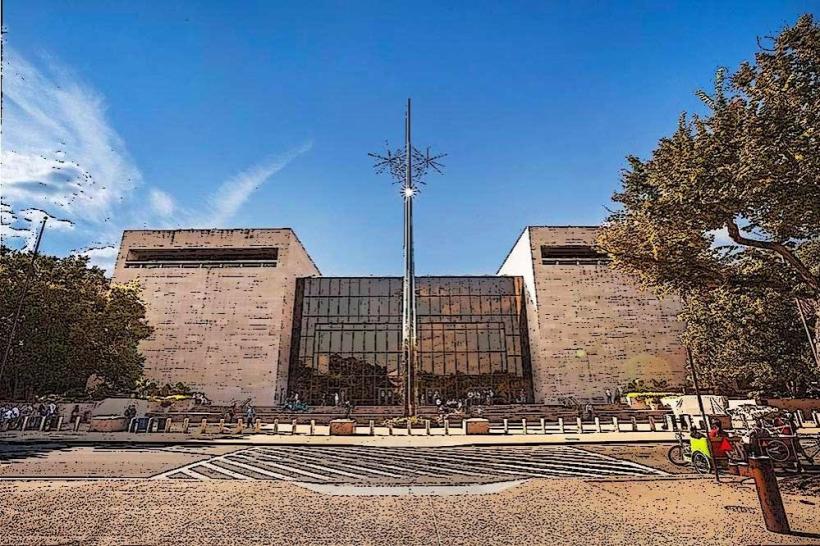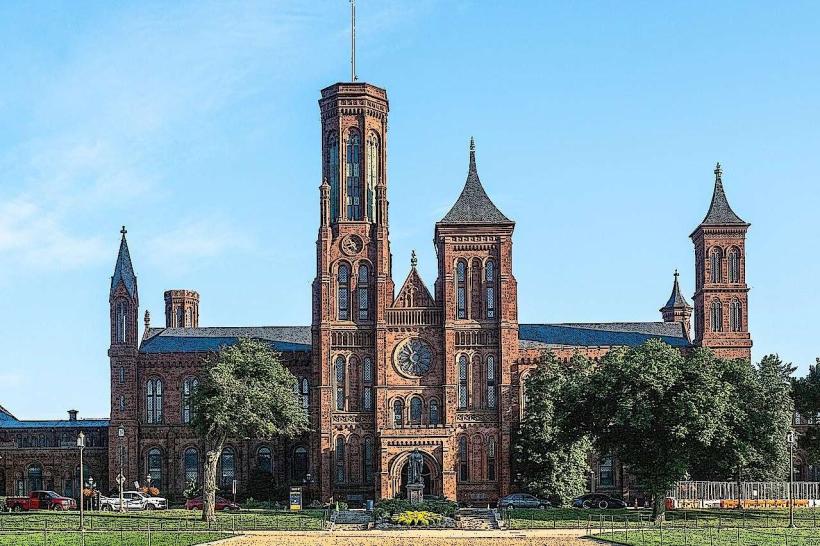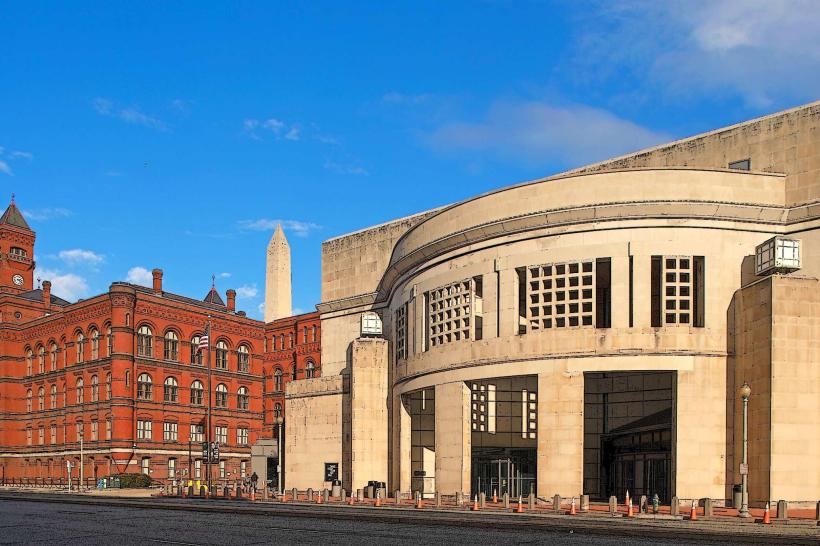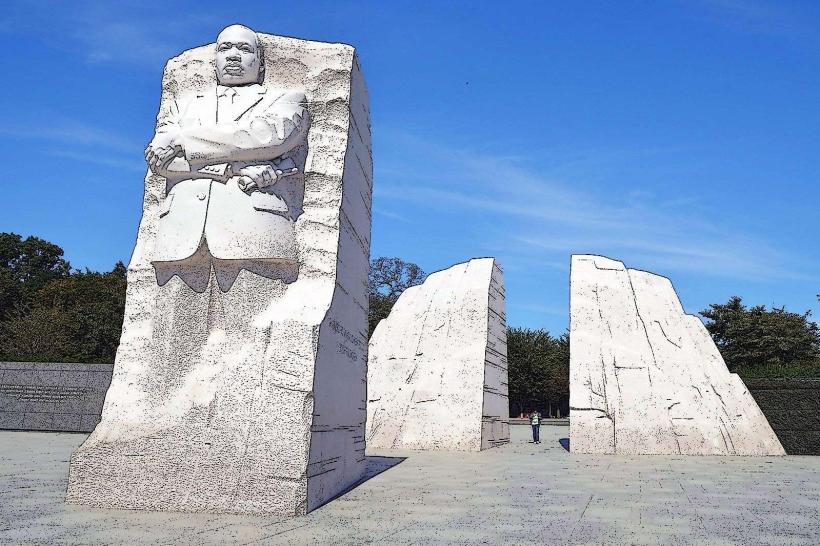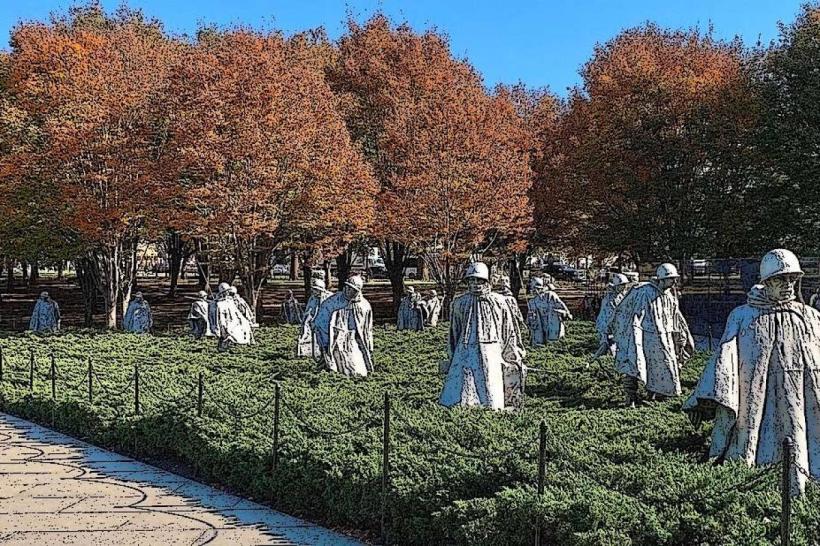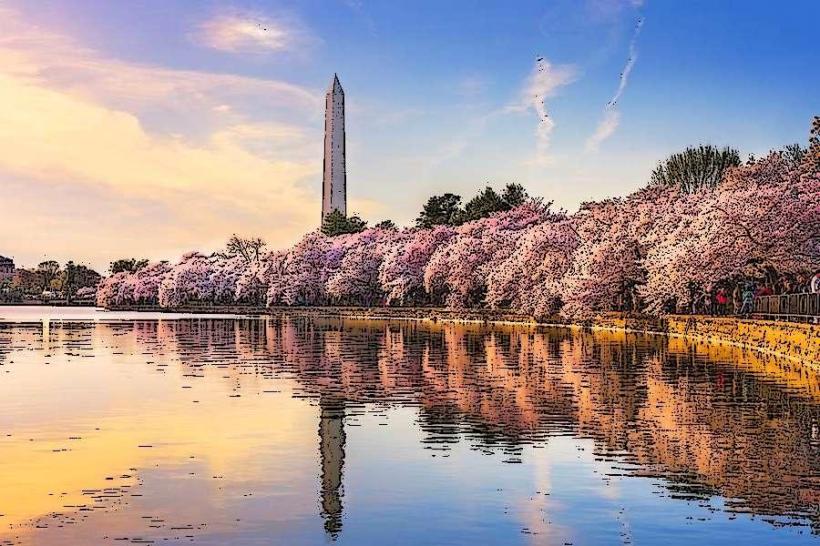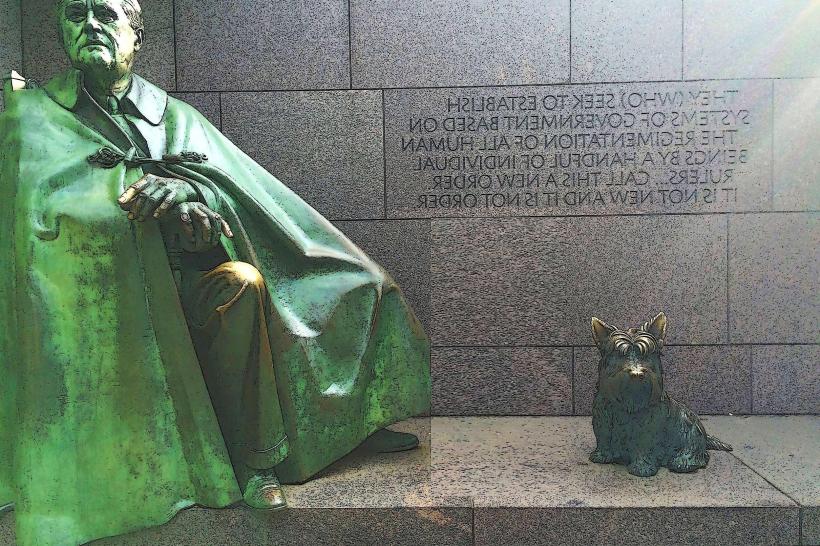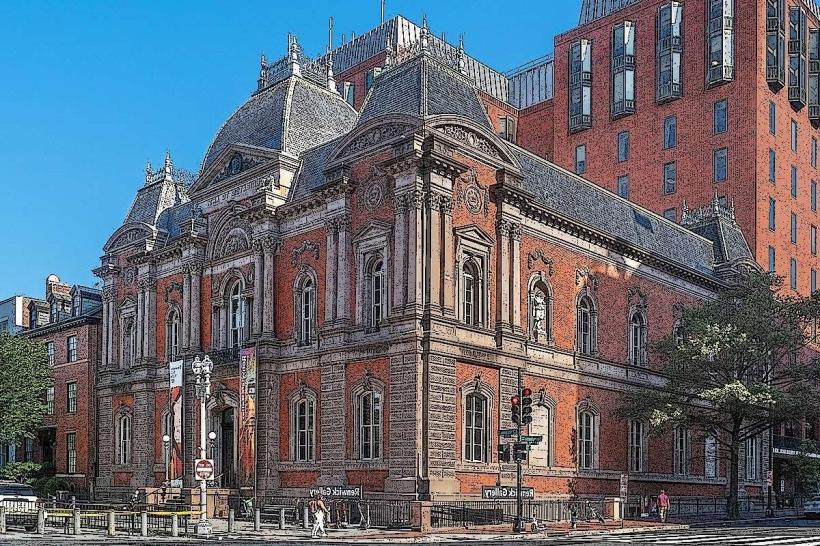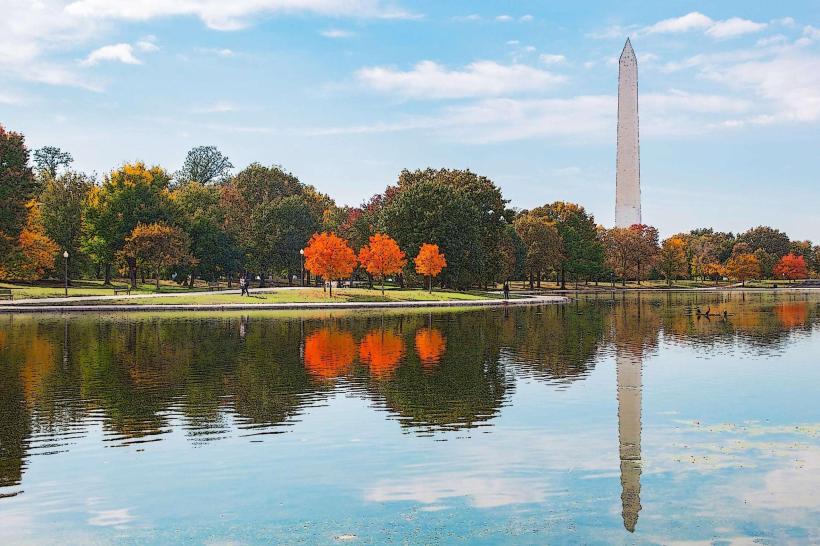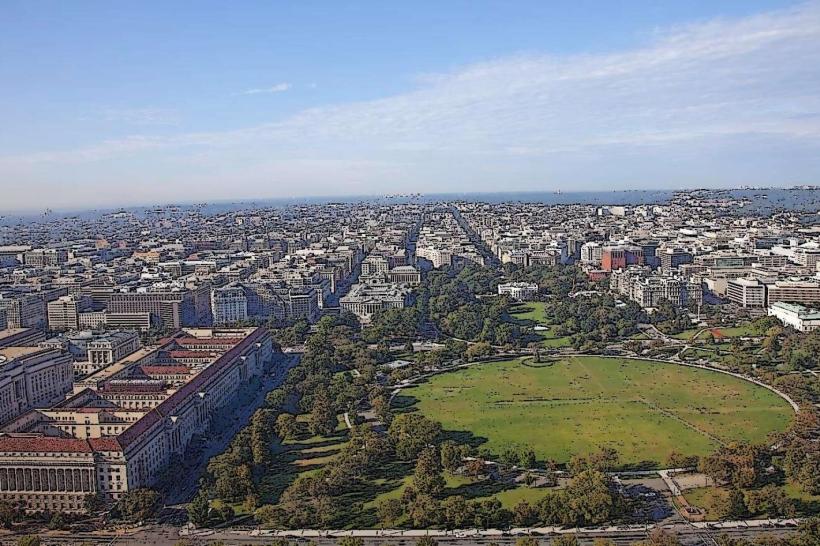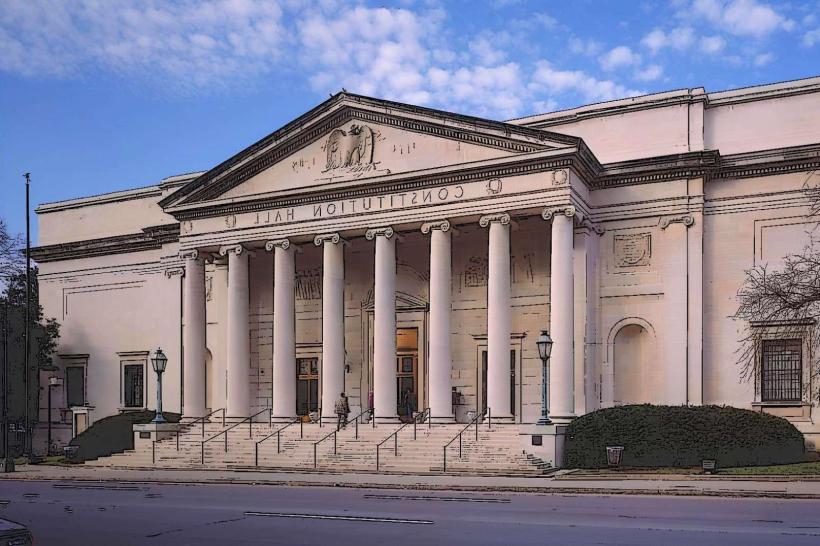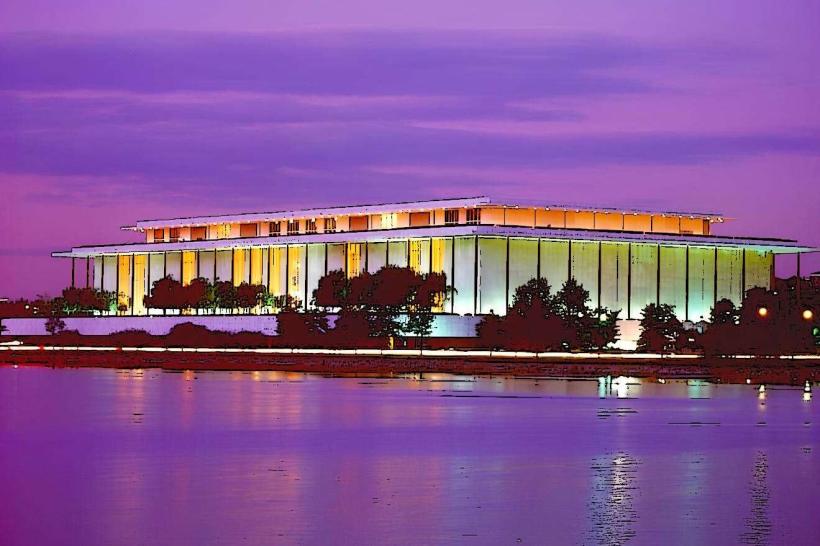Information
Landmark: Smithsonian National Museum of Natural HistoryCity: Northwest Washington
Country: USA Washington DC
Continent: North America
Smithsonian National Museum of Natural History, Northwest Washington, USA Washington DC, North America
The Smithsonian National Museum of Natural History, located on the National Mall in the Northwest (NW) quadrant of Washington, D.C., is one of the world’s foremost institutions dedicated to the study, preservation, and public presentation of natural history. Established in 1910, the museum serves as a vital center for scientific research and education, showcasing the incredible diversity of life on Earth and the processes that have shaped the natural world over billions of years.
Historical Background and Mission
The museum was created to provide the American public with access to natural history collections and research, supporting both scholarly study and broad educational outreach. It continues the legacy of the Smithsonian Institution in advancing scientific knowledge, promoting conservation, and fostering public understanding of natural phenomena.
Its mission focuses on exploring the origins, evolution, and interconnections of life, including humans’ place within the natural environment. The museum serves as a bridge between cutting-edge science and the general public, inspiring curiosity about the planet’s biodiversity and geologic history.
Architecture and Location
The museum is housed in an imposing neoclassical building constructed in 1910, featuring grand columns, a central entrance flanked by sculptural groups, and a symmetrical façade that blends harmoniously with other Smithsonian buildings nearby. The structure provides ample space for extensive exhibitions, laboratories, research facilities, and public programs.
Positioned centrally on the National Mall, the museum’s location makes it easily accessible to visitors exploring the capital’s cultural and educational landmarks. Its proximity to other Smithsonian museums creates a cohesive cultural complex.
Collections and Exhibitions
The Smithsonian National Museum of Natural History holds over 145 million specimens and artifacts, making its collections one of the largest and most diverse natural history repositories in the world. These encompass minerals, fossils, plants, animals, and human cultural artifacts, providing comprehensive coverage of Earth’s natural heritage.
Key Permanent Exhibits
The Hall of Geology, Gems, and Minerals: Showcasing dazzling mineral specimens and gemstones, including the famous Hope Diamond, this exhibit explores Earth’s geological processes and the beauty of natural crystals.
The Hall of Fossils – Deep Time: Featuring an impressive array of fossils, this gallery traces life’s evolution over 3.5 billion years, highlighting major extinction events and the rise of mammals and dinosaurs.
The Hall of Mammals: This exhibit presents a diverse collection of mammalian species from around the world, emphasizing adaptation, habitat, and behavior.
The Ocean Hall: Exploring marine ecosystems, this gallery features life-sized models of sea creatures and interactive displays on oceanography and conservation.
The Butterfly Pavilion: An immersive space where visitors can observe live butterflies, emphasizing pollination and biodiversity.
The Hall of Human Origins: Focused on paleoanthropology, this exhibit traces human evolution, showcasing fossil evidence and artifacts that illuminate the development of Homo sapiens.
Scientific Research and Education
The museum is not only a public exhibition space but also a leading research institution. Its scientists conduct studies in areas such as taxonomy, ecology, paleontology, and anthropology, contributing to global understanding of biodiversity and environmental change.
Educational programs cater to diverse audiences, including school groups, families, and lifelong learners. The museum offers workshops, lectures, interactive displays, and special events designed to engage visitors in active learning and discovery.
Visitor Experience and Facilities
Visitors enter through a grand central hall, often greeted by the iconic African elephant specimen suspended overhead, a hallmark of the museum experience. The layout is designed for intuitive navigation, with clear signage and accessible pathways.
Amenities include a café, a well-stocked gift shop offering educational materials and natural history-themed merchandise, and facilities to accommodate visitors with disabilities. The museum provides multilingual guides, tactile exhibits, and audio tours to enhance accessibility.
Admission is free, encouraging broad public engagement and education. The museum’s location on the National Mall also makes it a convenient stop for tourists and local visitors alike.
Cultural and Scientific Impact
The Smithsonian National Museum of Natural History plays a critical role in fostering awareness of environmental issues, species conservation, and the importance of scientific inquiry. By connecting visitors to the natural world, the museum encourages stewardship of Earth’s resources and respect for its biological richness.
Its comprehensive collections and exhibitions serve as an enduring record of life on Earth, highlighting both its fragility and resilience. The museum’s work supports global efforts to understand climate change, habitat loss, and biodiversity decline.
Conclusion
The Smithsonian National Museum of Natural History stands as a premier institution blending world-class research with engaging public education. Its vast collections, innovative exhibits, and commitment to accessibility make it an indispensable destination for those seeking to explore the wonders of the natural world and humanity’s place within it. The museum’s presence on the National Mall ensures that natural history remains a vital and inspiring part of the American cultural and scientific landscape.

